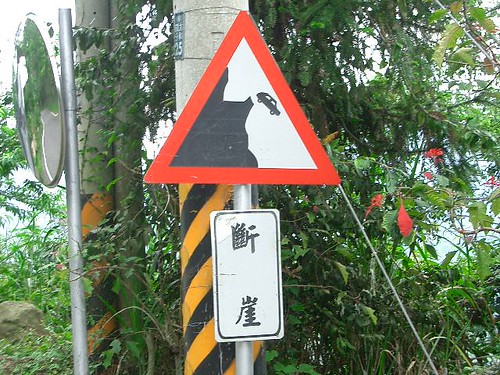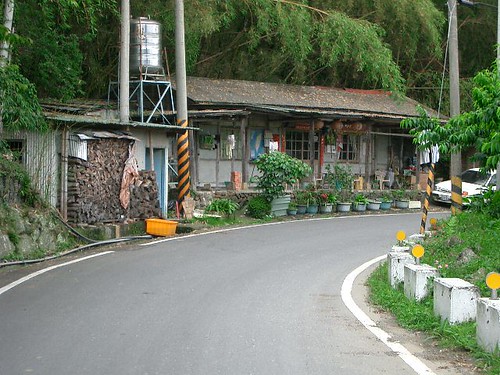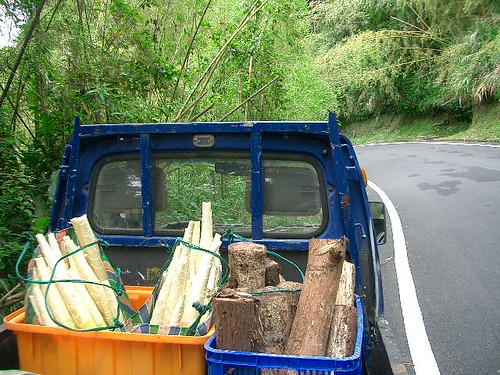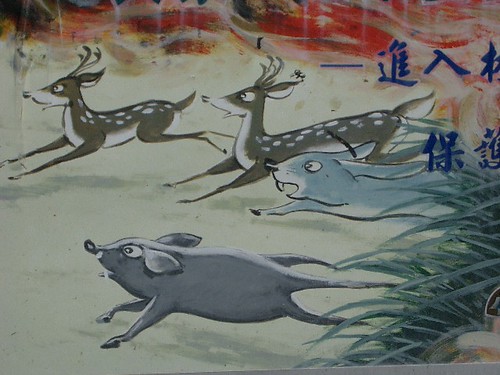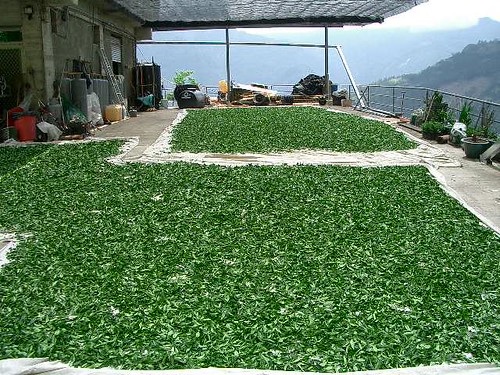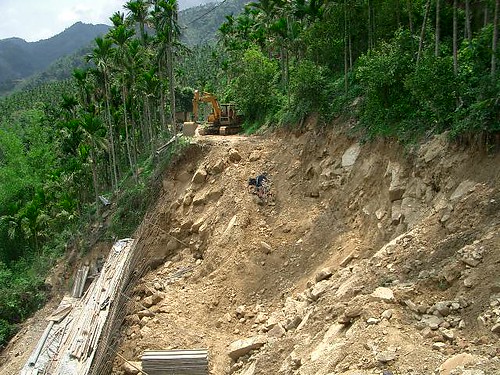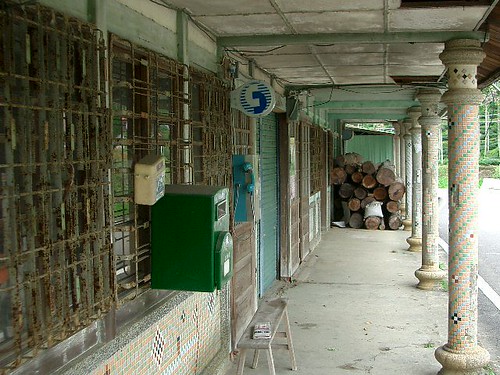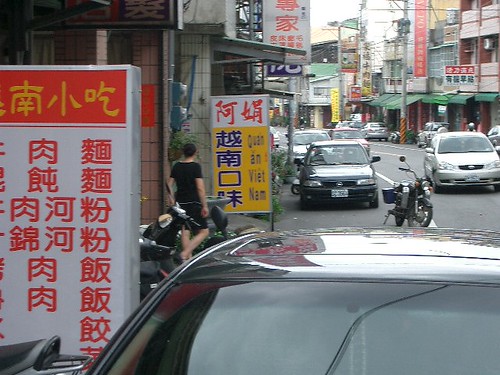Just after an American woman in Hualien gets fined NT$6,000 for swearing at someone, a Japanese man married to a Taiwanese woman gets convicted of a similar offense--publicly insulting an official during the course of his official duties. This offense, defined in Article 140 of the Criminal Code) carries a prison term of up to six months. Prison terms of less than six months are routinely suspended as in this case where the man was sentenced to a reasonable 30 days for his hissy fit.
A Japanese man was given a suspended sentence of 30 days' detention and barred from the country for five years for cursing immigration officials at Taiwan Taoyuan International Airport in September 2005, aviation police sources said yesterday.
The man, who is married to a Taiwanese woman, often travels between Taiwan and Japan. He became so enraged by what he called the snail-paced immigration inspection at the airport that he burst into a volley of curses when an immigration officer checked his travel documents.
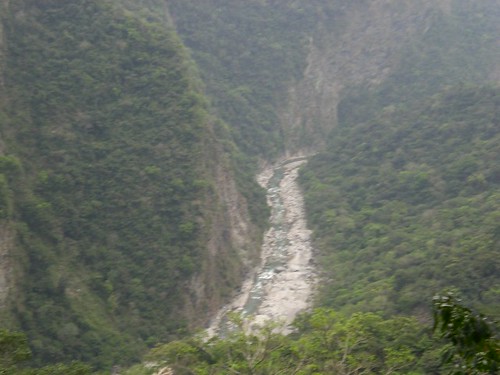
His banning from Taiwan for five years though is arbitrary, unreasonable, and disproportional to his offense especially in view of the fact that he is married to a Taiwanese national. Unlike the 30 - day suspended sentence, the decision to ban him from reentering Taiwan is a purely administrative decision. Since I don't have all the facts, I'm not going to speculate on which agency made the ruling and what their legal basis is but it should suffice to observe that nowhere in Article 140 is it provided that one can be banned from re entering Taiwan because of this offense.
In other words, this individual was meted out an additional and far more serious punishment in addition to the punishment for which the law provides. And he was of course denied due process since there was no hearing by an independent immigration tribunal--the Immigration Bureau simply tacked his five-year ban on out of spite and without any outside supervision using their sweeping administrative powers to deport and bar foreigners.
While it is somehow comforting to learn that at least some Japanese are susceptible to fits of 'Taiwan rage' and inappropriate behavior and that this behavior is no limited to westerners, the cumulative and extra-judicial punishment did not fit the crime at all. And then the Immigration Bureau had the nerve to complain that the man did not express 'remorse' for his crime and further had the audacity to file appeals--presumably appeals against his unjust banning from Taiwan.
Immigration officials said they felt compelled to file the lawsuit to defend the government's "prestige" and "authority." They expressed regret that the man had not shown any remorse and has fought the charges by filing petitions with several agencies.
Surely the appropriate course of action (if the man was causing a disturbance that was affecting other travelers) would have been to detain him at the airport until he cooled off. If he was foolish enough to strike an officer or destroy property, he could have been duly charged on those grounds. No doubt when he came to his senses he would have felt remorse and apologized.
But instead the Immigration Bureau, which we just learned today is riddled with officials colluding with human traffickers, takes refuge behind a outdated and authoritarian law to protect its questionable dignity and then abuses its administrative powers to bar someone from Taiwan. Talk about petty!
Rank thinks it's the Immigration Bureau that owes someone an apology. Fat chance he'll ever get it.



